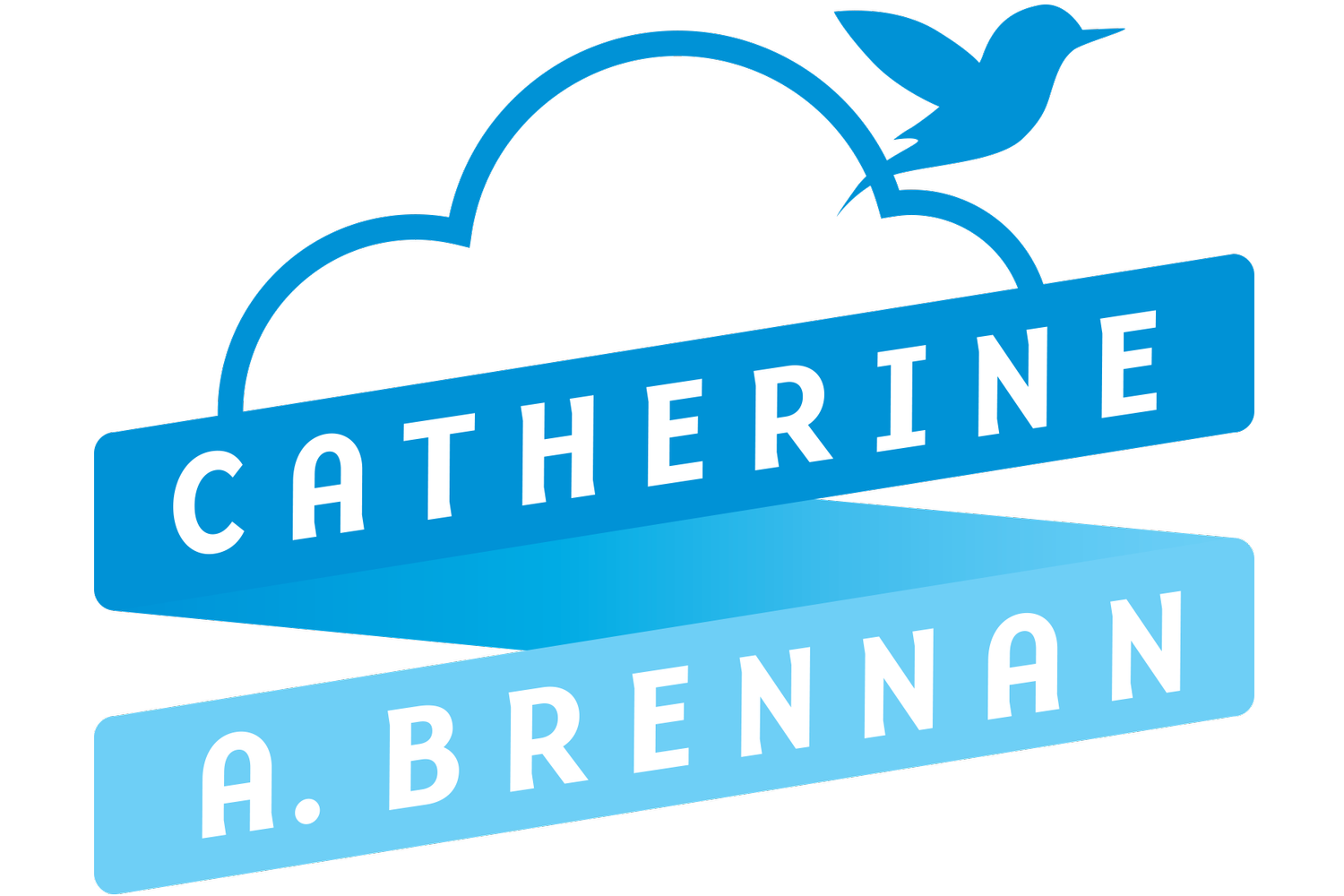Our thoughts matter. Let’s look at how to tame your thoughts and put them to use for your benefit and for the benefit of others.
Are you in control of what you allow yourself to believe about your life?
Do you allow questions to help you grow?
Is there a connection between your physical body and your thoughts?
Are your thoughts true?
Be Intentional
Our thoughts can rule our minds if we do not pay attention. You do not need to believe every thought that comes into your mind. Use these methods to be intentional about your thoughts and change them so they will be useful for you and useful for the benefit of others; relaxation, listening to music, deep breathing, positive reframing (replacement thoughts), internal conversations about what the truth is, being vulnerable enough to discuss your thoughts with a trusted friend or advisor, inspired thinking, meditation, recognizing thought patterns, attention to your physical body, etc.
Here are a couple of articles about learning how to control your thinking or to get into new habits of thinking.
How to Squash Negative Thought Patterns – although this is a long article, I suggest you stick with it. The principle is fantastic!
http://www.stevepavlina.com/blog/2006/04/how-to-squash-negative-thought-patterns/
10 Simple Tips to Develop a Positive Thinking Pattern
http://www.examiner.com/article/10-simple-tips-to-develop-a-positive-thinking-habit
Questions Left Unattended
When you are asked a question, your mind and heart will want to answer it if it is important to you. Your thoughts may swirl around the question for days without resolution. Have you faced a question that doesn’t seem to have an answer that you are comfortable with?
If you are upset in your thinking, it is important to ask what is bothering you about the question.
As humans, we can be uncomfortable saying ‘I don’t know’. To address the discomfort, we can come up with an answer (any answer) so we don’t have to face the real issue.
We don’t like to believe that another person has the answer and we don’t.
The root of the problem may be that you aren’t comfortable with the answer you are coming up with. Does the answer mean that you need to change that relationship, change your thinking about a topic or apologize for taking a strong stance against something you now agree to?
Does this question hit too close to home? Is it a topic you have been avoiding because it makes you squirm?
You can face difficult questions by asking yourself what bothers you about it. If you easily come up with an answer, dig a little deeper. I have found that a series of 3 questions usually gets me to the actual reason the question bothers me. This is such a great exercise and helps me move to more healthy thinking patterns.
Here is an interesting article on the role of Socratic questioning.
Mind/Body Connection
Our thoughts may come as the result of food that is bad for our body, a lack of sleep, or stress. If we do not identify their source, we may believe the magnitude of our thoughts to be greater than is true. Women dealing with pre-menstrual syndrome know all too well the damaging effects of these destructive thoughts. Do not let the out of balance origin of your thoughts set a course of action in your life. Identify what food, lack of sleep, hormones, or travel do to your thoughts. You may find it interesting to discover how too many carbs can make you sleepy, caffeine makes you jittery or lack of sleep can cause an inability to handle conflict.
Are they True?
We do not have to believe every thought that comes in to our mind. We have from 40,000 – 60,000 thoughts a day and up to 95% of them are same thoughts repeated every day. We can go through life believing that all of our thoughts are true but the truth is they are not. It is only when you test the thought and question them do you find the truth.
Read Don't Believe Everything You Think.
Other people’s thoughts are not always true either. It is up to you to weigh their thought against your own before you accept or reject it.
How will you handle your thoughts?
Be intentional – which thoughts do you allow to float around in your mind that are not helpful for you?
Face the difficult questions – why do some questions bother you?
Be mindful of your body/mind connection – what connections do you notice between your eating, sleeping, and (for women) monthly cycle?
Don’t believe every thought that pops into your mind – what thoughts have you allowed to speak as truth? Which ones do you need to question?
Start today to reign in the destructive thoughts and mold them into intentions and motivations that work for your benefit and for the benefit of those around you.






